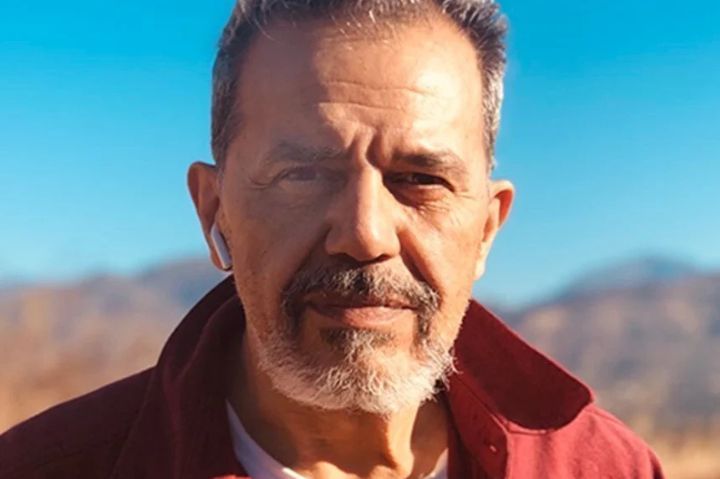Iran’s recent execution of Jamshid Sharmahd, a California resident with dual German-Iranian citizenship, has ignited outrage globally and heightened tensions between Tehran and Washington. Detained on charges of espionage and alleged terrorist activity, Sharmahd was reportedly kidnapped by Iranian security forces while in Dubai in 2020. His family, along with human rights advocates, argue that the charges were politically motivated and his trial a “sham” conducted without fair legal protections. The execution is part of a troubling pattern, experts say, where Iran detains foreign nationals or dual citizens to use as leverage against Western governments, often in the context of diplomatic disputes.
“This is a chilling reminder of the dangers faced by dual citizens in Iran,” said a representative from Human Rights Watch, who described the execution as part of Iran’s broader tactic of “hostage diplomacy.” Human rights advocates are calling for an international response to protect citizens from politically driven detentions, particularly as Iran faces mounting sanctions and economic isolation.
Sharmahd, a longtime resident of Los Angeles, had been a vocal critic of the Iranian regime and was linked to a dissident group advocating for democratic reforms. Iran accused him of orchestrating a 2008 bombing at a mosque in Shiraz that killed 14 people. His family, however, maintains that he was only loosely connected to the group and denies any involvement in violence, accusing Iran of leveraging false accusations to make a political statement.
The U.S. State Department, which condemned the execution as “inhumane and unjust,” has pledged to coordinate with international allies on possible responses to Iran’s escalating use of “hostage diplomacy.” Secretary of State Antony Blinken noted that “such actions by the Iranian regime represent a grave abuse of human rights and undermine international norms,” signaling that the case may lead to further diplomatic consequences.
Germany also expressed outrage, with Foreign Minister Annalena Baerbock condemning the execution and calling for “immediate, severe consequences” for Tehran. In early 2023, Germany expelled Iranian diplomats in protest over Sharmahd’s death sentence. Now, European leaders are considering additional measures, including a potential expansion of sanctions, targeting Iranian officials directly involved in these politically motivated detentions and trials.
Iran’s actions are part of a broader escalation as the regime grapples with both domestic unrest and intensifying international pressure. Since the collapse of the 2015 nuclear deal, Tehran has faced a growing economic crisis, making foreign leverage increasingly attractive to the Iranian government. The use of foreign nationals as pawns in diplomatic struggles has become a disturbing hallmark of Iran’s approach, experts say. Other recent examples include Iran’s execution of Iranian-Swedish dual national Farajollah Cha’ab in 2023 and Iranian-British defense official Ali Reza Akbari, both of whom were accused of terrorism or espionage.
Masih Alinejad, an Iranian-American activist who has also been targeted by Tehran, said the execution highlights Iran’s use of violence to silence dissent and pressure Western governments. “The Islamic Republic understands no language of peace or diplomacy. Their language is that of hostage-taking, execution, assassination, and murder,” Alinejad said.
Sharmahd’s daughter, Gazelle, condemned both Germany and the U.S. for failing to protect her father, demanding an immediate return of his body so his family can bury him according to Zoroastrian customs. She described her father’s execution as “a tragic result of appeasement” and warned that continued inaction from Western leaders could embolden Iran’s tactics.
With relations between Iran and the West already strained by nuclear negotiations and regional conflicts, Sharmahd’s execution is likely to heighten calls within the U.S. and Europe for a stronger, unified response to what advocates call Iran’s “hostage diplomacy.” Western officials are now grappling with how to address the regime’s tactics, balancing the need for diplomatic engagement with the imperative to protect their citizens abroad.
As outrage over Sharmahd’s death grows, many are calling for Iran to face increased isolation on the international stage. Advocates and officials alike argue that if Iran’s use of “hostage diplomacy” continues unpunished, other foreign nationals could become pawns in Tehran’s dangerous game, underscoring an urgent need for international protections and consequences.










